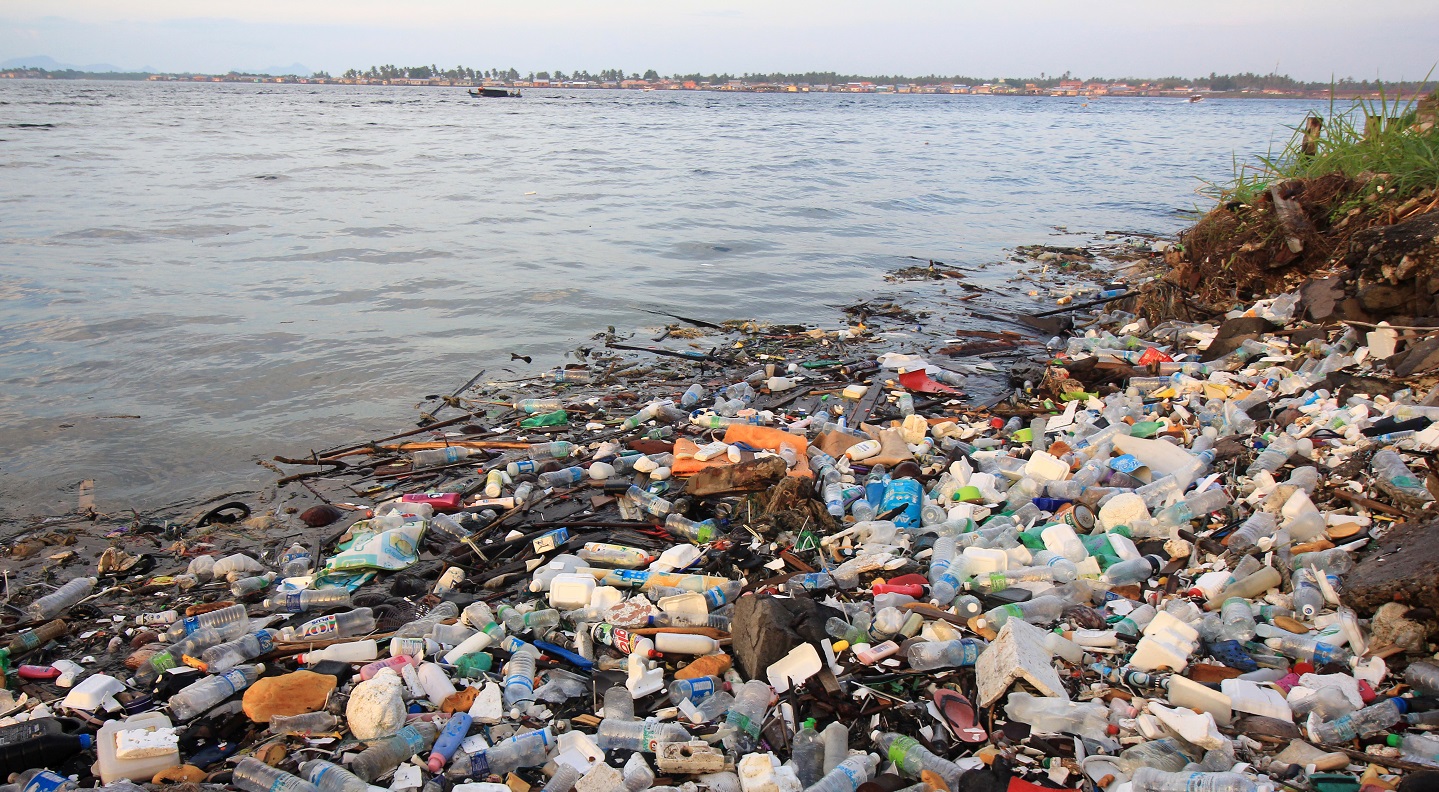U.S. issues with transboundary movement of plastic waste for recycling
Recently we reported that the Parties to the Basel Convention (187 countries) adopted an amendment to its annexes, governing the transboundary movement of plastic waste as a method to combat the issue of plastic marine litter.
This amendment takes effect in January 2021 and controls most plastic scrap and waste as hazardous under the Convention, obligating Basel Parties to seek and obtain prior approval for shipping plastic waste for recycling to other countries.
The Basel Convention in general, poses problems for U.S. companies, as the United States is not a Party to the Basel Convention, and absent a Basel bilateral or multilateral Article 11 agreement, are prohibited from trading Basel-controlled waste with Basel Parties.
OECD harmonization of Basel plastics amendments
Historically, the United States relied upon our membership in a legally binding multi-lateral agreement through the Organization for Cooperation and Development (OECD), to legally export and import waste with other developed countries that are Basel Parties. However, when the OECD Council Decision C (2001)107 on the Control of Transboundary Movements of Wastes Destined for Recovery Operations (Waste Agreement) was revised in 2001, a provision was added. This provision by default, harmonizes the OECD import-export control system with Basel Convention amendments within 60 days of effectiveness.
Implications to the U.S. Plastics Trade
Recognizing the implications such harmonization will have on U.S. plastics trade, the United States objected to harmonization. Therefore, the OECD countries are in the process of deciding how to incorporate the recent Basel plastic waste amendments into the OECD Green (non-hazardous) and Amber (hazardous) waste lists that inform the implementation of OECD’s hazardous waste control system. The results of these negotiations could have far-reaching impacts on U.S. plastics waste and scrap trade.
Upon the U.S. objection to OECD harmonization, the OECD created an Ad Hoc group (task team) to attempt to reach consensus on the issue prior to the larger OECD Waste Prevention and Recycling taking the issue up during its February 2020 meeting.
The outcome of these negotiations will be sent to the OECD high-level body, EPOC for final adoption. Industry participation in the negotiations has been through Business at OECD (BIAC), which was established in 1962 to provide a platform for the private sector within the OECD forum. BIAC has limited industry participation to a few trade associations acting as observer status including the,
- Institute of Scrap Recycling Industries,
- American Chemistry Council,
- Bureau of International Recycling, and
- Europe Plastics.
There are several likely outcomes in terms of the OECD negotiations:
- The other OECD members would agree to one or more of the United States Government (USG) counter-proposals. This might include:
- Not listing any plastics as Amber, or (more likely)
- Only listing plastics waste that tests into being Amber hazardous, consistent with Basel Annex VIII hazardous and Annex IX non-hazardous mirror waste listings;
- The USG would be overruled by the other OECD members in favor of harmonization; or
- No consensus would be reached, which would mean under the OECD Council Decision, domestic and international law applies.
The third potential option is open-ended in terms of potential consequences. It could either result in countries taking a more stringent interpretation consistent with the recent Basel plastics amendments, or providing more flexibility for countries to interpret the classification of plastics waste and scrap within their own domestic legislation. Sims Lifecycle Services continues to monitor these and all legal developments affecting the environmentally sound global shipping of plastics waste and scrap.
